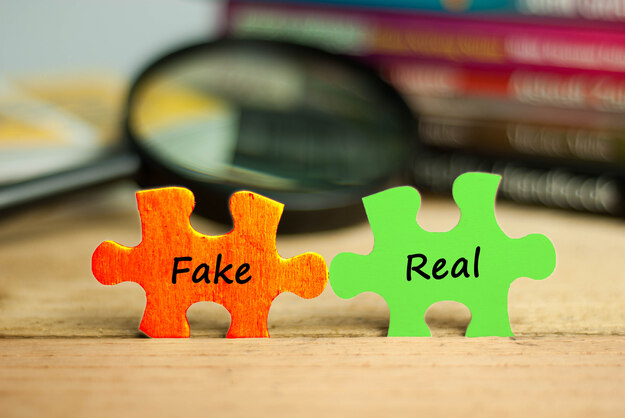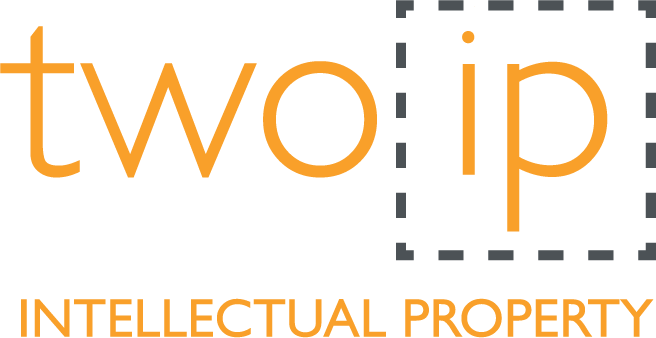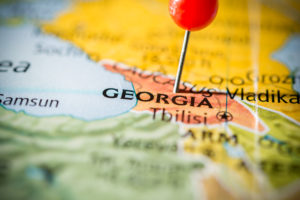
The global counterfeit goods industry is estimated to be worth around US$600 billion a year. It is thought that as many as 10% of all branded goods sold may be counterfeit, with 80% of us having (knowingly or not) handled fake goods.
Counterfeits remain prevalent in bricks-and-mortar stores, but online sales make up an increasingly large proportion of the total figure, with the COVID pandemic and the shift to online retail providing the perfect environment for counterfeiters to thrive. Numbers of illicit goods have been on the increase for decades, with the development of digital technologies, evolution of freight systems and globalised banking systems all playing their part. The ongoing cost of living crisis affecting many areas of the world was reported in World Trademark Review (WTR) earlier this month as being a considerable concern. The crisis means consumers are looking for more affordable goods, with some purchasing fake products. An increased number of people are also likely to turn to selling illicit goods to make a living.
Counterfeiters operate in all markets, from consumer goods to pharmaceuticals and industrial components. Protecting your brand against offline and online fakes is a huge challenge, but not doing so can negatively and immeasurably impact your brand and your business. Almost 40% of fake goods detained at EU borders have been found to be dangerous to consumers. Harmful or poor-quality goods sold bearing your brand stand to damage the reputation you have worked hard to build, but sales of any unauthorised goods will divert sales from your business, leading to a reduction in profits.
As well as the effect on your business, lost sales due to counterfeiting means billions in lost taxes, and vast numbers of job losses. Counterfeit goods are also linked with organised crime, with the purchase of counterfeit goods funding crimes such as money laundering and illicit drug distribution.
Advanced monitoring and enforcement methods are in place across some of the larger online platforms including Amazon and Alibaba, and there is much discussion over the use of NFTs as authentication tools for products, but those measures are not appropriate or affordable for all. However, there are several steps you can take to protect your business and brands against counterfeit goods.
Needs vary according to industry and sector, but we can tailor a strategy for your business to focus on the most pressing issues. Here are some of the most accessible measures we can help with:
Monitor and authenticate
A range of monitoring and authentication options are available from specialist companies enabling you to monitor sales or listings, and allowing consumers to authenticate products once they are purchased.
Register brands with rights owners’ programmes
Two of the major programmes are Amazon’s Brand Registry and Ebay’s Verified Rights Owner (VeRO) programme. Platforms will usually suspend listings whilst the suspected counterfeits are investigated.
Check consumers’ comments and reviews for reports of fake products
This can be a quick and easy way of flagging suspected counterfeit goods. Consumers often leave negative feedback if they believe they have received a counterfeit product.
Make test purchases and send ‘cease and desist’ letters
If products look suspicious, they can be purchased, tested and if found to be counterfeit used in further action against the counterfeiter. Letters before action can stop counterfeiters quickly, particularly smaller sellers. They can also be used to extract key supply chain information to enable further investigation. Private investigators can be used to make discreet purchases or approaches to counterfeiters.
File Applications for Action (AFAs) with customs authorities
This can be done in many countries and is the most effective way to support local customs authorities to seize suspect goods as they enter the country.
Civil or criminal proceedings
If your trade marks or images of your products are used by counterfeiters, consider civil court proceedings which offer remedies such as injunctions, damages, an account of profits and delivery-up and destruction of infringing products. Criminal proceedings are also available. We work with various organisations including the UK National Crime Agency (NCA) and the Police Intellectual Property Crime Unit (PIPCU), particularly in cases involving a threat to consumer health and safety.
Trading Standards
Reports can be lodged at your local Trading Standards office. These authorities have the power to seize and investigate reports of counterfeit or infringing goods.
Educate consumers
Consumer awareness can be crucial to minimising counterfeits. If consumers can readily detect a fake product or know how to report or verify one, this can be a first line of defence. It also protects them from potentially harmful products. Don’t be concerned about acknowledging that there are illicit goods out there; the world is aware that they exist and most consumers would rather buy authentic goods. Owning the narrative around counterfeits, with guidelines on your website, will be beneficial to your business and to consumers.
If you have any questions or require advice about tackling counterfeits or unauthorised use of your brands, our trade mark attorneys can help. Get in touch with the Two IP team: hello@two-ip.com.





